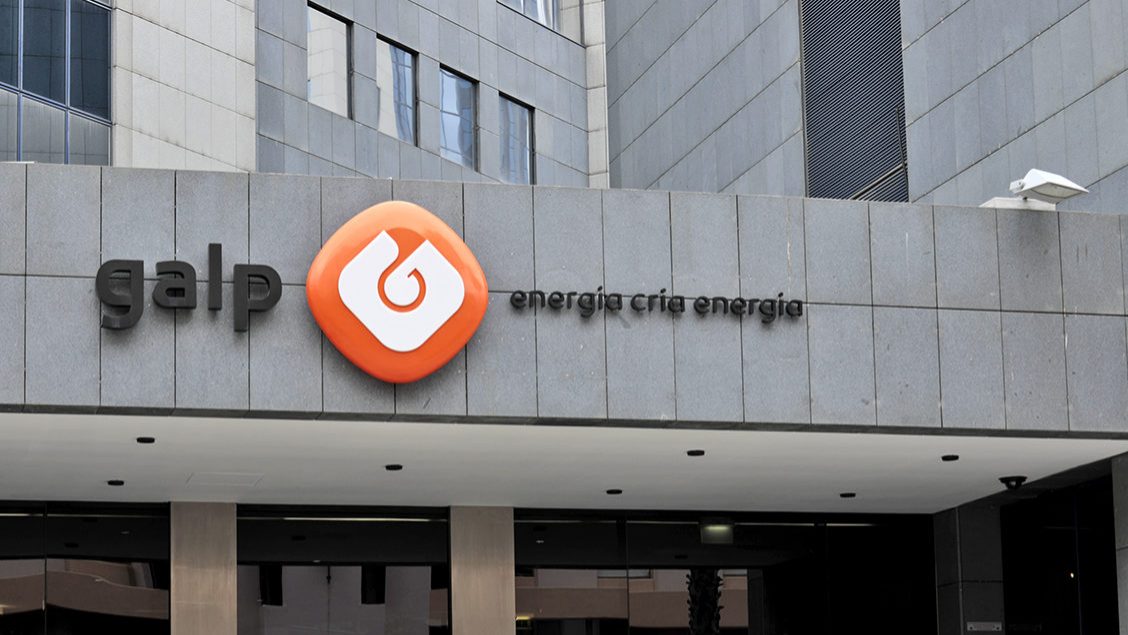Portugal enters into Europe’s top 5 for logistics investment
Savills survey shows cross-border operations, nearshoring and industrialisation are attracting investors to the logistics sector in Portugal.
The Portuguese market is in the list of the five countries preferred by companies that want to increase storage capacity in Europe, according to the European Real Estate Logistics Census report carried out by the real estate consultancy Savills.
France (44%), Germany (43%), Spain (39%), Italy (26%) and Portugal (24%) are the most attractive countries to attract investment in logistics in Europe, at a time when 95% of logistics operators anticipate they will need more or the same storage space in the next three years.
“On the international scene, Portugal is increasingly asserting itself as a destination for cross-border logistics operations to serve the Iberian and European markets. On the other hand, the nearshoring phenomenon and the potential of the Portuguese market to attract investment for industrialisation contribute positively for this segment to grow and become increasingly attractive for operators and investors,” explains Savills.
Experts at the consultancy said that there are over 400,000 m2 of pipeline production projects, which it sees as “proof of entry into a new key phase” for the national logistics real estate market, marked by prime product placement, making it possible to increase the country’s attractiveness on an international level.
Despite the expected announcement of new projects by logistics promoters, Pedro Figueiras, Deputy Director of Industrial & Logistics at Savills Portugal, emphasises, quoted in a press release, that “the pressure of scarcity in the logistics area should continue, given that these projects are only expected to be completed in 2023 and 2024 data, which allows us to foresee a continuation of the pre-lease trend observed in 2021.”
And what do investors value the most? The location (89%), the security of the lease agreements (83%), the future obsolescence of the building (75%) and, at last, the sustainability of the properties (74%) are at the top of the concerns, according to the survey released this Wednesday by the consultancy.


